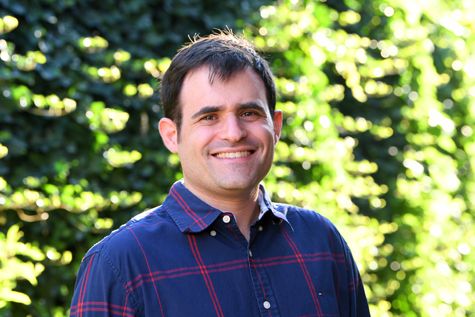Early Career Scientist Spotlight
Dr. Ryan Kramer
Atmospheric Scientist
Climate and Radiation Laboratory
What motivated you to pursue a career in meteorology?
I knew since around age five that I wanted to be a meteorologist. It was probably sparked by the big blizzard of 1996 in the DC area. I grew up sitting on our porch during storms or watching the Weather Channel. I pursued an undergraduate degree in meteorology at Penn State and, since it’s a big program by meteorology department standards, I had the chance to try my hand at all aspects of the field. I ultimately fell in love with the research side.
How did you end up working at NASA Goddard?
I applied for and was awarded a NASA Postdoctoral Program fellowship. I was drawn to the idea of going to a place with a really wide range of research topics to explore, and even among all NASA centers I don’t think any place comes close to Goddard’s breadth in Earth Science. But an even more important factor was that I spent an eye-opening summer interning at Goddard during my Sophomore year of college. In fact, the internship program was sponsored by UMBC/JCET, the same cooperative agreement I’m currently affiliated with. That summer jumpstarted my passion for research, made me a more critical thinker, and helped me build a lot of confidence.
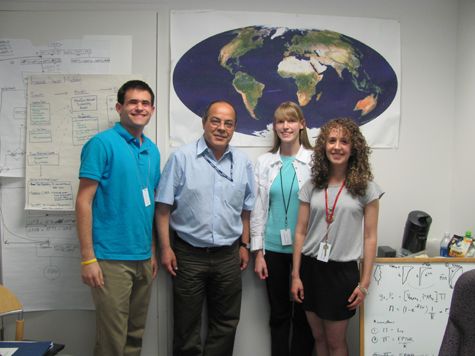
Credit: Ryan Kramer
What science questions do you investigate?
Climate change is essentially a response to energy imbalances, so I ask to what extent do emissions of greenhouse gases and other climate drivers impact the exchange of energy in the atmosphere? And what are the climate responses to those energetic changes? For instance, adding more greenhouse gases to the atmosphere absorbs thermal energy. This leads to a warming of the planet, since less energy can escape to space. These processes are well understood, but many aspects of them haven’t been thoroughly explored in observations yet, in part because we are just now at the point where our satellite records are long enough. I’ve definitely entered the field at an inspiring time.
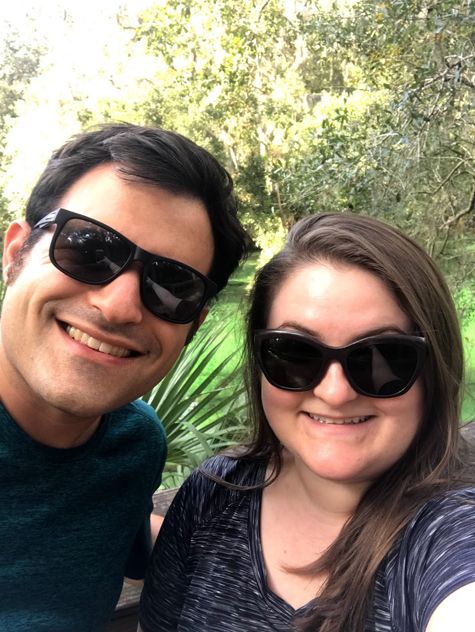
Credit: Ryan Kramer
If you were to expand your current research focus, what new topic(s) would you explore?
I’d like to explore hydrology research. I think about precipitation from a very general, global scale as a source of energy because condensation gives off heat. Also important, especially for human impacts, is what happens after the precipitation falls. Where does it go? From droughts to floods to groundwater resource management, there are a lot of interesting topics to explore.
What keeps you inspired by your work?
Other people! Collaborating is the best part of my job, and my colleagues inspire me daily not just with their science, but also with their kindness, willingness to offer support and their sheer excitement about the work they do.
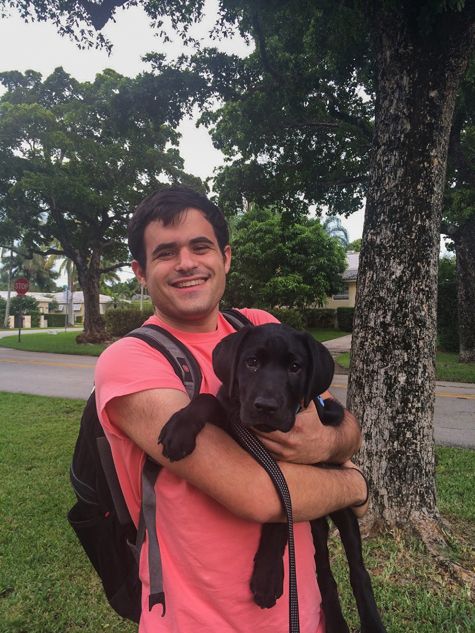
Credit: Ryan Kramer
What is a fun fact about you?
When I was in Miami for my PhD, I was living in a shockingly glamourous neighborhood considering my grad student salary. The CEO of Subway was a neighbor, and Jennifer Lopez and Alex Rodriguez lived a few streets away. I guess they do pay grad students too much! Just kidding.
What advice would you give our younger self?
I’d say don’t worry so much about what others think of you. Imposter Syndrome, or the idea that you aren’t worthy of your success, took a toll on me until I reached a point where I realized that everyone has these same concerns and it’s really all for nothing. From then on, that realization alone helped a lot with keeping stress levels down. It would have been nice to have recognized it sooner!
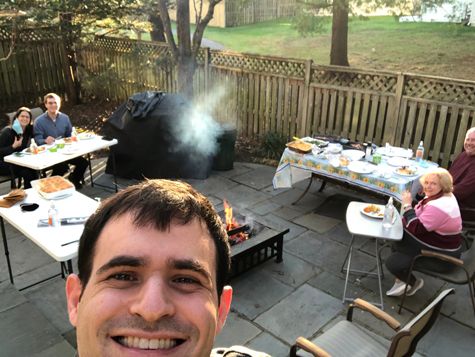
Credit: Ryan Kramer
Biography
Home Town:
Gaithersburg, MD
Undergraduate Degree:
B.S. in Meteorology, Penn State University, University Park, PA
Post-graduate Degrees:
Ph.D in Meteorology and Physical Oceanography, University of Miami, Miami, FL
